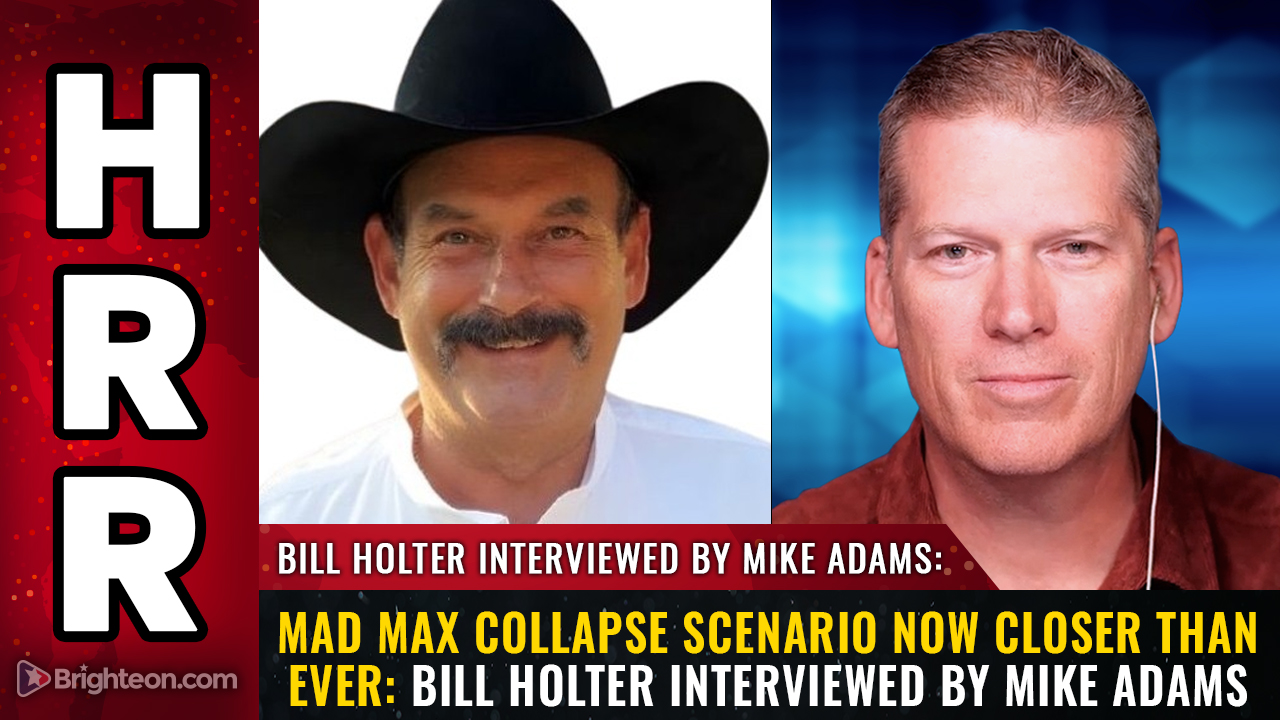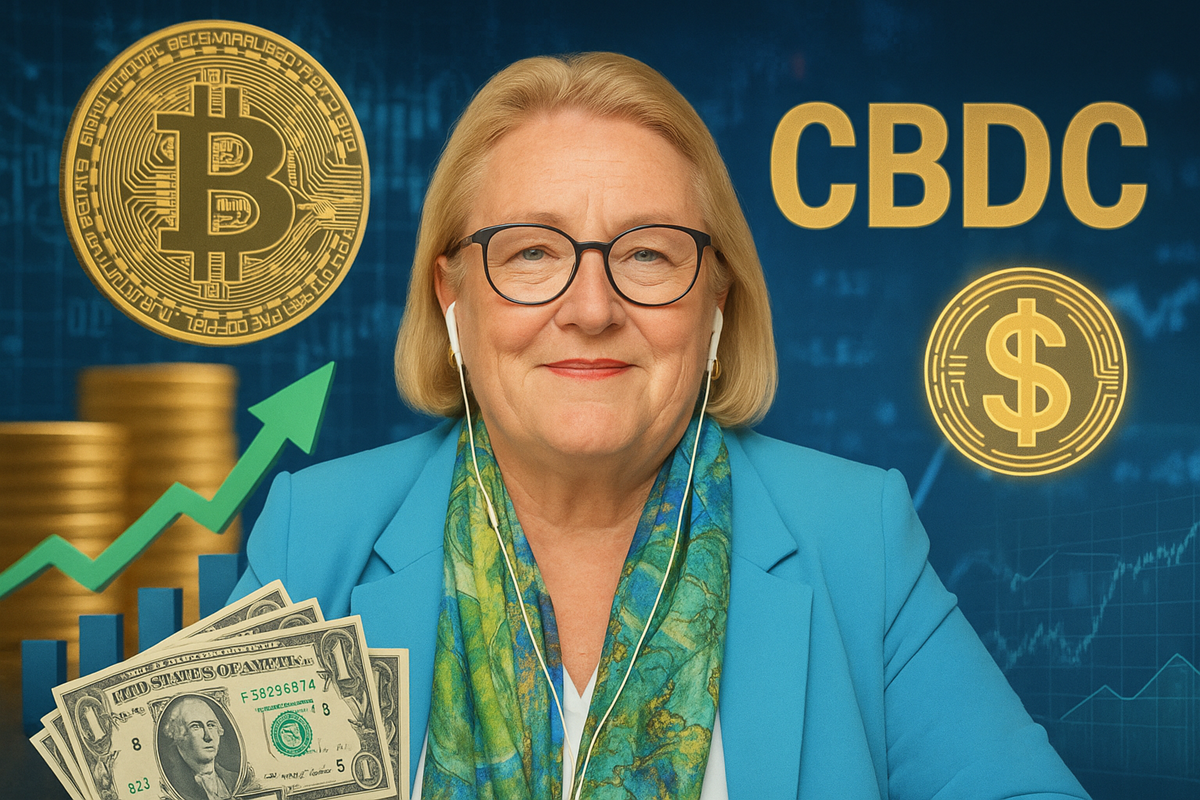America on the brink: Trump’s fiscal woes, political scandals and the unfulfilled promises of 2025
07/28/2025 / By Willow Tohi

- A $3.3 trillion debt bill and stalled economic reforms have sparked fears of an imminent fiscal crisis, worsening inflation and public distrust.
- Broken immigration and border security pledges have alienated core Trump voters, with 27% of his supporters expressing regret over their vote.
- The Epstein scandal and elite corruption accusations have eroded confidence in the administration, echoing historical warnings from the French Revolution.
- Record-low approval ratings on the economy—Trump’s 2016 hallmark—signal a deepening crisis of legitimacy for his policies.
- Analysts warn of escalating protests, military tensions and a “debt doom loop” as the U.S. approaches $42 trillion in national debt.
Washington’s unchecked spending binge reached a new peak in July with the passage of the “One Big Beautiful Bill,” a $3.3 trillion legislative monstrosity that will add tens of billions to the national debt over the next decade. With the debt-to-GDP ratio now at 120%, investors are increasingly skeptical of the dollar’s stability, spiking borrowing costs for households and businesses alike.
“The Fed can’t save us this time,” warned financial maven Ray Dalio, citing parallels to 2020’s market freefall. Jamie Dimon of J.P. Morgan echoed the sentiment, describing America’s fiscal path as a “debt doom loop.” As interest rates rise to unprecedented levels, the government faces a grim choice: default or print money—a policy with dire inflationary consequences.
A broken social contract: The Epstein fallout and elite backlash
President Trump’s 2016 victory was fueled by promises of accountability for out-of-touch elites—a pledge now overshadowed by the Jeffrey Epstein scandal. Unsealed flight logs and dubious plea deals have reignited conspiracy theories linking the administration to a “Mar-a-Lago mafia” of bankers, politicians and Silicon Valley elites.
Investigative journalist Julie K. Brown noted in The Atlantic, “This isn’t just about one man. It’s about a system that lets the powerful operate with impunity.” Even non-criminal ties, like Trump’s 2002 endorsement of Epstein as a “terrific guy,” have amplified public anger.
Discontent on both sides of the aisle: A nation of anxiety
Recent polls underscore a nation in despair. A Navigator Research survey found 42% of Americans believe they’re worse off under Trump, with independents registering shockingly low approval of his economic policies (17%).
“He’s worse than Biden,” lamented a Pennsylvania voter in focus groups. “I voted for him because he’d fix the economy, but now we can’t afford basic healthcare.” Others echoed fears of a “dictatorship,” citing border policy flip-flops and backtracking on promises to curb illegal immigration.
Republicans themselves are turning against their party’s policies. A May 2025 survey revealed 58% of GOP voters oppose the debt-expanding bill, calling it “reckless” and a betrayal of fiscal conservatism. Even The Wall Street Journal, once a Trump booster, now calls the administration “ungovernable.”
The shadow of history: Versailles in the age of TikTok
Historians draw uncomfortable comparisons to revolutions past. Douglas MacGregor, a former Pentagon strategist, warned: “We are repeating France’s 1789 mistake. When the elite are seen as morally bankrupt, chaos follows.”
Like pre-revolutionary France, today’s U.S. faces crushing debt, social divisions and an unreformable class of DC insiders. Trump’s promise to “drain the swamp” now seems hollow, as absent federal strategies on border security, inflation, or/student debt defaults fuel anger.
The road ahead: Can America pivot before a crash?
Analysts suggest three paths to avoid disaster:
- Fiscal discipline: Slash spending, reform entitlements and freeze the debt.
- Diplomatic retreat: End costly overseas wars and pivot to hemispheric defense.
- Moral renewal: Hold leaders accountable for corruption and reinvest in public trust.
“Leadership must confront elite excess before it’s too late,” concluded MacGregor, echoing Benjamin Franklin’s maxim that “a nation in debt will learn to live within its means—or have it forced upon them.”
The clock is ticking
With inflation at a decade high, borders unsecured and the public exhausted by broken promises, making the future very uncertain. As markets tremble and protests grow, the question remains: Will America’s elites heed history’s lessons, or repeat them?
In 2025, the answer may well determine if the next chapter is written on Wall Street—or the barricades.
Sources for this article include:
Submit a correction >>
Tagged Under:
big government, Broken Promises, Collapse, conspiracy, corruption, debt collapse, deception, deep state, dollar demise, epstein, fiscal discipline, government debt, Inflation, invasion usa, migrants, national security, pensions, progress, risk, trade war, trust, truth, tyranny, WWIII
This article may contain statements that reflect the opinion of the author
RECENT NEWS & ARTICLES
COPYRIGHT © 2017 PENSIONS.NEWS
All content posted on this site is protected under Free Speech. Pensions.news is not responsible for content written by contributing authors. The information on this site is provided for educational and entertainment purposes only. It is not intended as a substitute for professional advice of any kind. Pensions.news assumes no responsibility for the use or misuse of this material. All trademarks, registered trademarks and service marks mentioned on this site are the property of their respective owners.




















